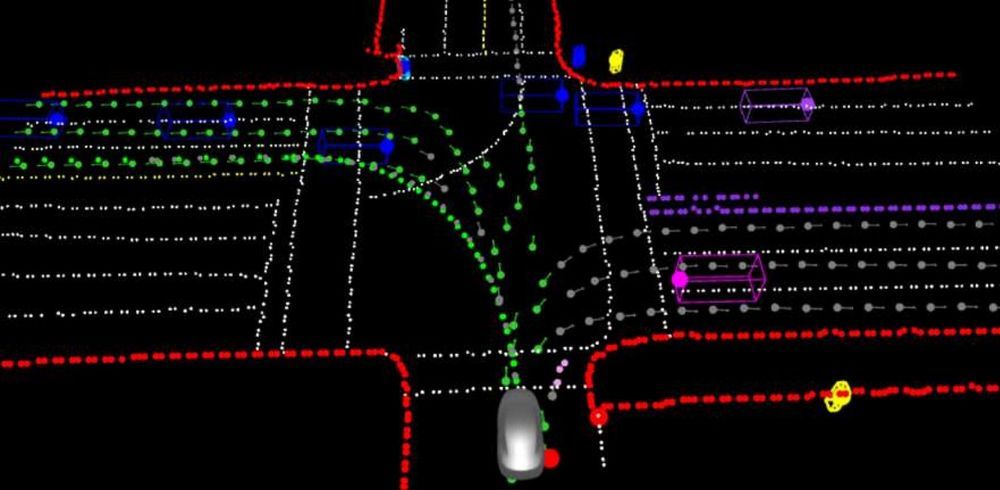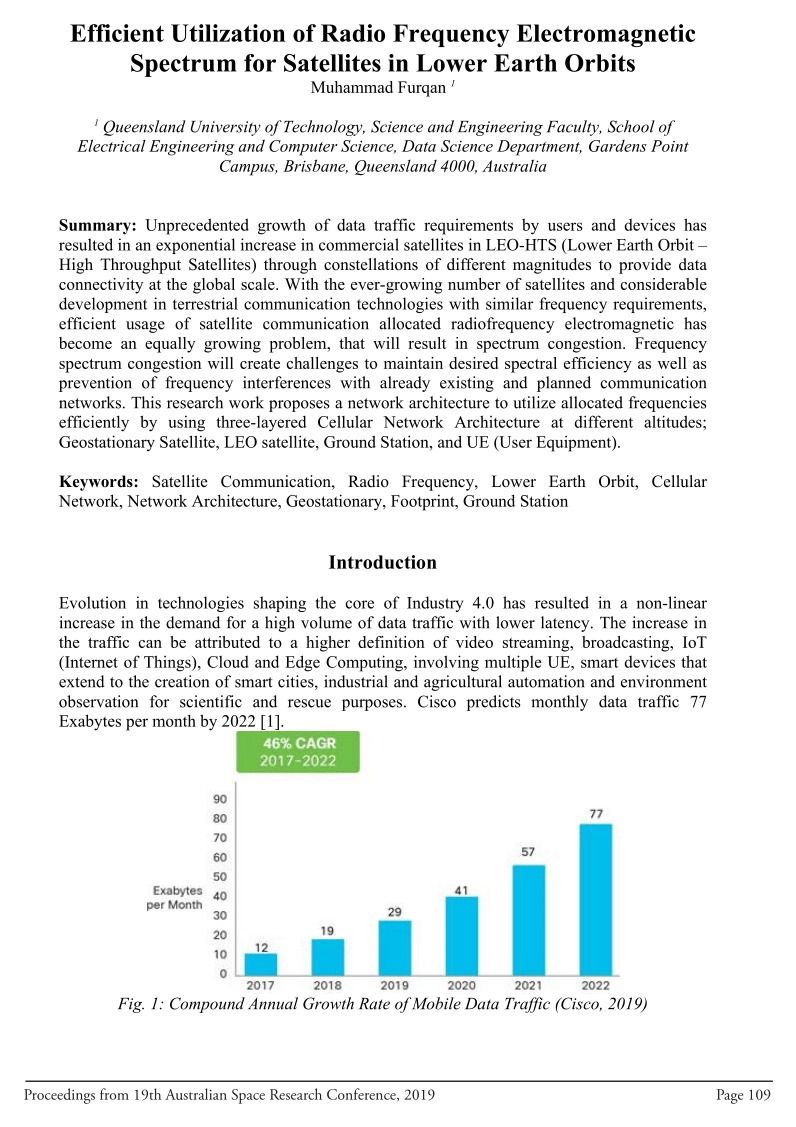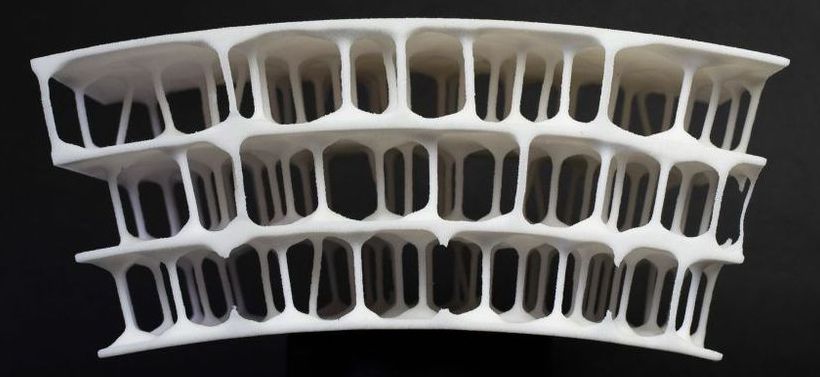It looks like Australia with be exporting solar power to other countries with less space.
A major renewable energy project in Australia billed as the world’s largest solar farm in development has had its proposed location revealed.
The AUD$20 billion facility – the heart of an ambitious electricity network called the Australia–ASEAN Power Link – will be built at a remote cattle station in the Northern Territory, roughly halfway between Darwin and Alice Springs.
The gargantuan 10-gigawatt array – spread out across some 20,000 football fields’ worth of photovoltaic panels – might be situated close to the heart of the Australian outback, but the energy reaped from the plant will ultimately be transported far, far away from the sunburnt country.








